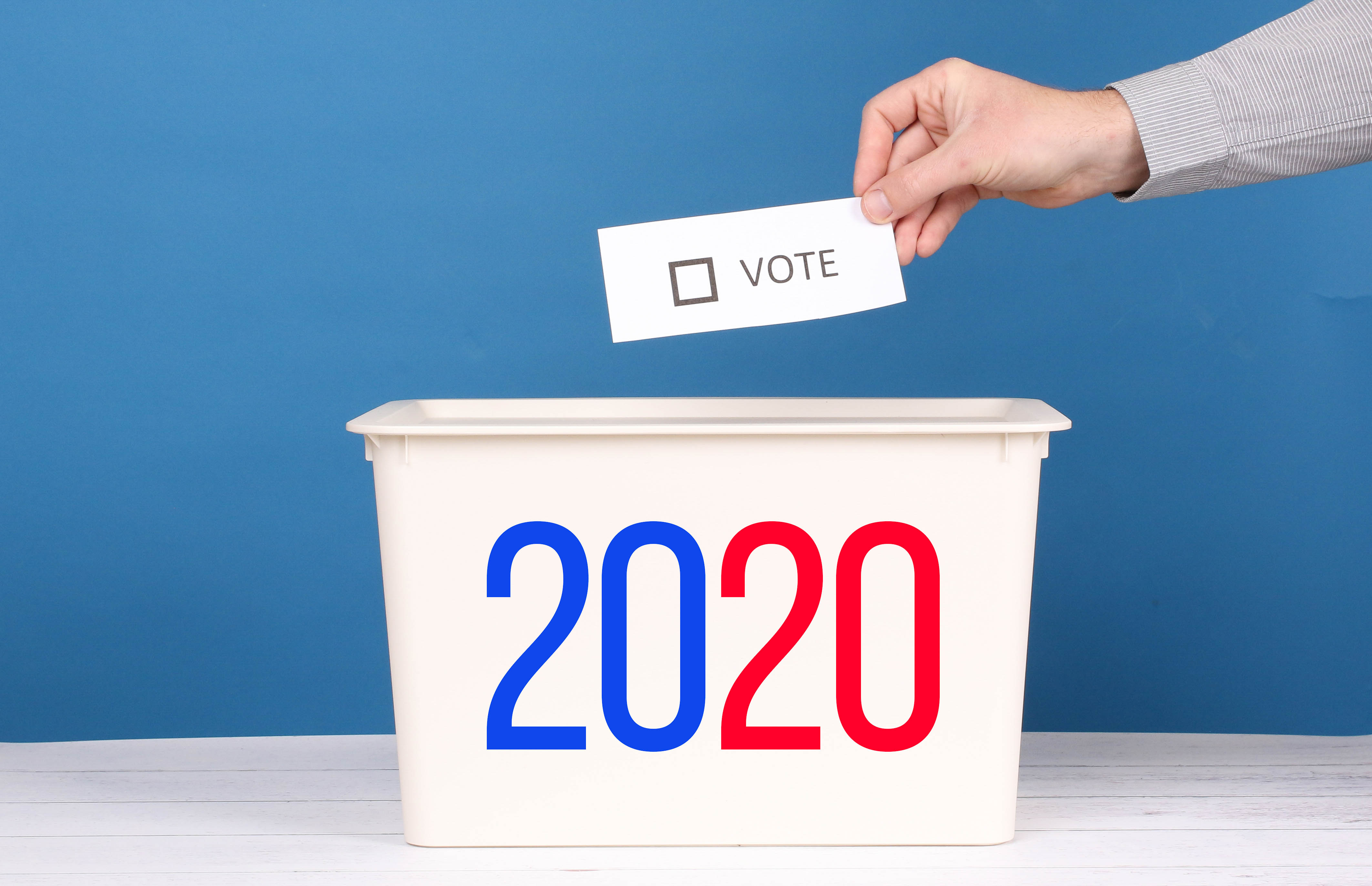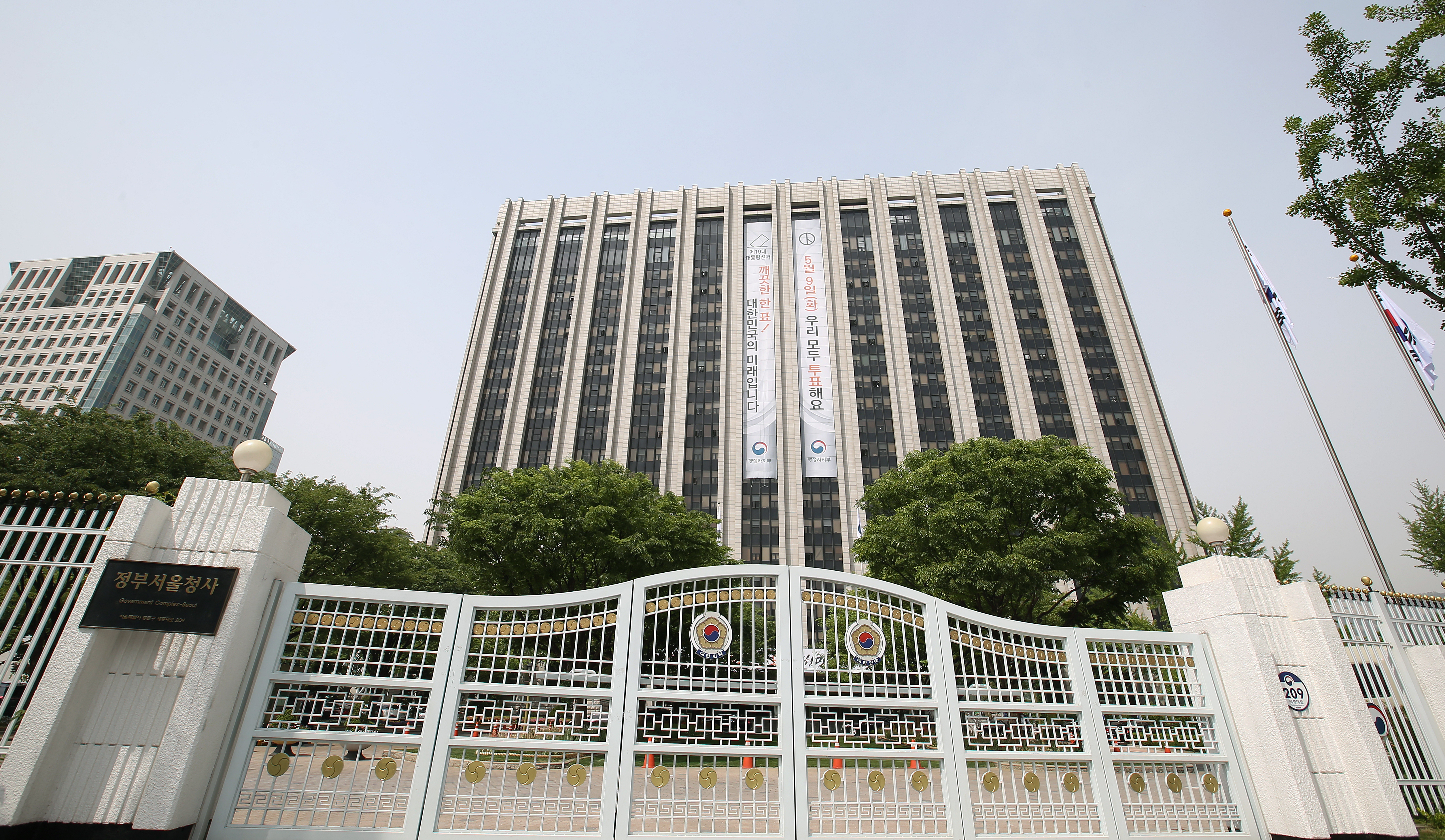New Hampshire’s 2020 Elections in the Wake of the Coronavirus
What are the pandemic-related challenges for the Granite State ahead of the November general election?

Published by The Lawfare Institute
in Cooperation With

Lawfare is partnering with the Stanford-MIT Healthy Elections Project to produce a series on election integrity in the midst of the coronavirus crisis. The Healthy Elections Project aims to assist election officials and the public as the nation confronts the challenges that the coronavirus pandemic poses for election administration. Through student-driven research, tool development, and direct services to jurisdictions, the project focuses on confronting the logistical challenges faced by states as they make rapid transitions to mail balloting and the creation of safe polling places. Read other installments in the series here.
When New Hampshire held the first presidential primary of the 2020 election cycle on Feb. 11, the pandemic’s effects on election administration had not yet been realized. At the time, the World Health Organization had declared a public health emergency, but the number of confirmed cases outside of China was only 393. Thus, the New Hampshire primary voting processes were largely unaffected by the outbreak.
In light of the continuing health threat posed by coronavirus, however, New Hampshire has implemented major changes to upcoming 2020 general election voting processes. The policy shifts include an administrative move by the State Secretary of State and Attorney General to effectively permit no-excuse absentee voting during the coronavirus pandemic—a particularly significant change considering the state’s historical reliance on in-person voting and same-day registration.
New reported COVID-19 cases were trending down in New Hampshire in the beginning of summer 2020, but the decline has plateaued since mid-June with sporadic upticks, signalling that the virus may continue to pose a serious threat until and beyond the November election. By July 31, the state had reported over 6,500 confirmed coronavirus cases and more than 400 COVID-19 deaths.
New Hampshire faces major logistical, legal and political challenges in preparing for the state’s general election in November. These include disseminating election information to voters quickly and efficiently, rolling out vote-by-mail within the parameters of New Hampshire’s existing election laws and adapting to legal challenges to recent voter registration requirements.
In the 2016 presidential election, New Hampshire’s race was determined by fewer than 3,000 votes; addressing these challenges may thus prove crucial to both the state and national outcomes this November.
Our full report on the New Hampshire 2020 elections is available here.
Preparations for COVID-19-Affected Elections
For the first time, New Hampshire is offering voters the opportunity to vote by means of absentee ballots with essentially a “no excuse” requirement. So long as the voter is “concerned that registering or voting in person will expose [them] or others to COVID-19,” they can register to vote absentee. Indeed, a report from the state’s Select Committee on 2020 Emergency Election Support calls vote-by-mail “[t]he safest way to keep voters and election workers safe during the Fall Primary and General Election.”
On April 10, 2020, Secretary of State Bill Gardner issued a memorandum expanding the definition of “physical disability.” According to the new guidance, “[i]n light of the current public health advisories related to COVID-19, any voter who in the voter’s judgment is being advised by medical authorities to avoid going out in public, or to self-quarantine, would qualify to vote by absentee ballot.” Notably, the Secretary of State has emphasized to voters that “[e]ven if you do not consider yourself a person with disability in other circumstances, this term applies for registering to vote and voting in 2020.” Additional guidance issued jointly by Gardner and Attorney General Gordan MacDonald on June 3 further explained that “all voter registration applicants have a reasonable basis to conclude” that a “physical disability” exists within the meaning of the statutes governing absentee voting. “Therefore, all applicants may request an absentee voter registration package by mail, e-mail, fax, or phone on that basis,” the guidance concluded.
This change was a significant departure from usual practice in the state. Under state law, absentee ballots are usually only available under a narrow set of excuses: absence from one’s domicile, employment obligations, childcare/dependent care, religious commitments or physical disabilities. (Last year, New Hampshire’s legislature passed a bill to allow all residents to vote by mail regardless of reason, but Governor Sununu vetoed it.) But because the COVID-19 pandemic continues to pose a threat to the state, the Secretary of State opted to issue new emergency absentee voting guidance that effectively enables all voters to vote by mail in 2020.
New Hampshire law does not set forth a time restriction for applying for absentee ballots, but the Secretary of State’s offices appears to suggest that voters who wish to vote by mail must apply before Sept. 2, 2020. According to the Secretary of State website, “[p]eople who wait to register after September 2, 2020, may submit the completed absentee registration application forms and proof documents to the clerk’s office or register in person at the polling place on election day.” In addition, there are a number of other requirements that all newly registered voters must follow:
First, the procedures require voters to mark the absentee ballot application form indicating a condition (e.g. “I am unable to vote in person due to a disability.”). Second, voters must sign an absentee voter affidavit envelope indicating either absence from their city or town or absence because of religious observance or physical disability. Third, state law requires that there be a witness observe any voter signing the absentee registration affidavit and that the witness also sign the form. Finally, the voter must enclose copies of proof of identity and domicile with the completed voter registration form and absentee registration affidavit.
Proof of identity can include a photocopy of a driver’s license or non-driver ID issued by any state or the federal government; a United States armed services identification card; a United States passport or passcard; a valid student identification card issued by a New Hampshire college, university or career school, or a New Hampshire public or private high school (but it must be current or have expired within the past five years).
Proof of domicile can include any current utility bill, bank statement, government check, a paycheck or other document showing an individual’s name and address. Finally, according to the new measures, clerks and supervisors can and should accept pictures of documents through email. If a voter cannot comply with the above requirements, accommodation may be made. The Attorney General and Secretary of State’s guidance includes instructions and examples of absentee voting accommodations for local election officials. Voters must make accommodation requests before Aug. 26, 2020.
When registering for an absentee ballot, voters will receive their absentee ballot, their absentee voter registration forms and instructions at the same time. To approve or reject applications, officials are required to meet on a date six to 13 days before the Sept. 8, 2020, primary and again before the Nov. 3, 2020, general election. When voting by absentee ballot, if voters “are returning [their] completed absentee ballot by US Mail, the clerk must receive it by 5:00 p.m. on election day.” Because of this requirement, the Secretary of State recommends that voters mail their ballot at least two weeks before the election.
Because of the likely increase in new voters utilizing the absentee ballot system, there is a risk for a higher number of ballots being rejected for various reasons. Under current law, voters are required to execute an affidavit on the absentee ballot envelope. If the affidavit is not properly executed or not signed by the proper person, however, the ballot will be rejected. Notably, the text of the statute itself does not lay out specific guidelines for signature verification and there is a high degree of discretion left to election officials. According to the statute, “[t]he signature on this affidavit must appear to be executed by the same person who signed the absentee ballot application.” (However, state law dictates that the affidavit signature is not compared to the absentee ballot application signature “when a person assisting the voter has signed the statement on the affidavit that assistance was provided.”)
In accordance with state law, the secretary of state has also made available a public website for absentee voters to view when an absentee ballot request has been received, whether an absentee ballot has been sent and whether a ballot was accepted or rejected, as well as the reason for the challenge.
Federal Funding Plan
New Hampshire received $3.2 million in CARES Act funding for the purpose of conducting elections under the COVID-19 pandemic (consistent with the provisions of the Help America Vote Act and other requirements of federal law). On June 5, Secretary of State Gardner and the Select Committee on 2020 Emergency Election Support released a report with recommendations for use of the federal government’s $3.2 million in relief funds. In a letter accompanying the report, Gardner also outlined steps that his office would take that do not require statutory changes. These include plans to expand messaging through social media and a special “Voting Under COVID-19” page on the Secretary of State’s website for voters. Gardner also plans “on using federal funds to pay at least a portion of the increased cost expected to be incurred by the cities and towns as a result [of] increased absentee voting.”
In addition, the office “will be working closely with local election officials to develop procedures that will protect both poll workers and voters while recognizing that each polling place is unique.”
The Committee report also includes several additional recommendations.
For example, it recommended that Personal Protective Equipment (PPE) be purchased by the Secretary of State’s Office “in amounts as determined by the number of voters in the 2016 Fall Primary and General Elections or another formula that they deem appropriate for an equitable distribution of available funds.” The committee also offered steps to “minimize contact between voters and election staff, and among the election staff with each other” such as requiring KN95 or N95 masks and including a list of necessary supplies for voting places to ensure distancing. Finally, the committee recommended “that the Secretary of State consider spending up to $50,000 of federal money to lease additional voting machines for the general election” to be made available to municipalities to count absentee ballots.
Ongoing Challenges COVID-19 Presents for Election Administration
Despite recent changes to New Hampshire’s absentee ballot requirements, there remain logistical, legal and political challenges to implementing more significant change before the upcoming election. Here are some of the most pressing hurdles:
Information Challenges
-
Because of the evolving circumstances surrounding the pandemic, states must find new ways to disseminate information promptly to voters. In New Hampshire, the Committee report recommended several methods to efficiently disseminate new information to voters, including $100,000 worth of voter mailers, a revamp of the Secretary of State’s website and leveraging free media.
-
The Attorney General and the Secretary of State have also asked local election officials for help in disseminating key information, including the state’s guidance, to voters.
Legal and Political Challenges
- If the 2016 election is at all predictive of what might happen this year, New Hampshire promises to be, at least, in the second tier of battleground states. Hillary Clinton won the state by a 0.4 percent margin and by fewer than 3,000 votes. In the Senate election that year, Maggie Hassan defeated Kelly Ayotte by 1,017 votes, a margin of approximately 0.14 percent. The 2020 elections in the state are likely to be close again.
- New Hampshire has historically been reluctant to change its election laws. The last substantial change to voting occurred in 1976 (allowing absentee voting in primaries and lowering voting age to 18). Currently, New Hampshire does not practice automatic voter registration or online registration, although the state allows same day registration.
- An expanded universal vote-by-mail (mailing ballots to all registered voters) is unlikely to gain political support. Although Democrats control 58 percent of the State Senate and 59 percent of the State House of Representatives, there has not been a major push for universal vote-by-mail and Governor Sununu has vetoed past attempts to expand it. The Chairman of the Select Committee on 2020 Emergency Election Support Bradford Cook has said legislation expanding current voting laws is unlikely and that the COVID-19 response should occur within the existing framework.
- New and ongoing legal challenges to New Hampshire election laws may also shape the state’s November election. In 2017, New Hampshire passed SB3, a Republican-backed law that increased the complexity of the state’s voter registration process and created penalties for those who don’t comply. In April 2020, a state court judge struck down the law as unconstitutional because “the new process establishes enough hurdles, the forms contain enough complexity, and the penalties present enough risk that they tend to dissuade a specific type of voter from even engaging with the process.” The State filed an appeal with the New Hampshire Supreme Court in May.
- Another legal battle is being fought over HB1264, a separate law which “requires students and other transient people to pay state motor vehicle licensing and registration fees if they vote and drive there, creating financial hurdles in a state where car registration can cost hundreds of dollars.”
Editor's note: The piece has been updated to clarify that many of the requirements for absentee voting only apply to newly registered voters, not all voters.







